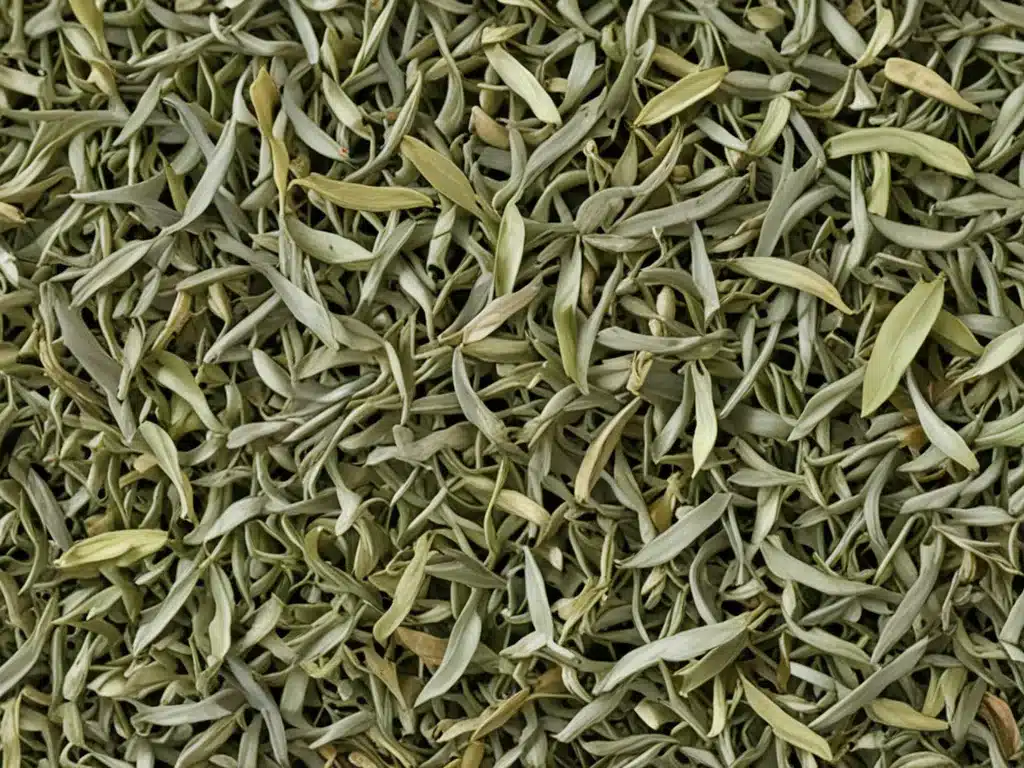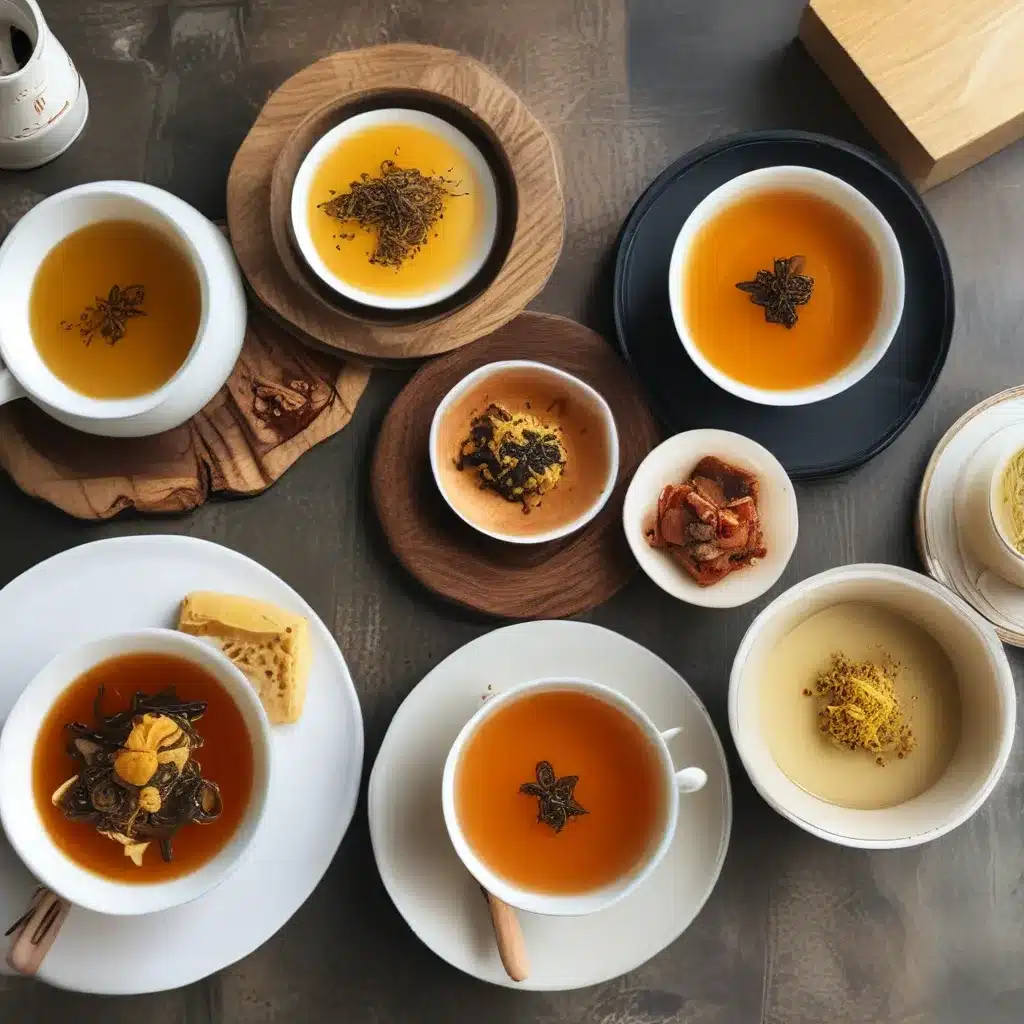
As an avid tea drinker, I was always aware of black tea and green tea, but had not heard much about white tea. However, as my interest in herbal remedies and healthy beverages grew, I started researching the lesser known varieties of tea to learn more about their unique benefits. That is when I discovered that white tea is actually one of the least processed types of teas and contains some of the highest concentrations of antioxidants. While the leaves may appear delicate, they truly pack a powerful healthy punch.
What is White Tea?
White tea comes from the same plant as green and black tea, Camellia sinensis. However, it undergoes minimal processing which helps retain the original antioxidant levels. The leaves and buds are simply sun dried or steamed to prevent fermentation before rolling and packaging. As a result, the beverage is light in color and caffeine content compared to other teas. Some key characteristics of white tea include:
- Made from the youngest leaf buds and internodes of the tea plant
- Undergoes little oxidation during processing
- Has a delicate, light flavor ranging from floral to nutty or grassy notes
- Color ranges from yellowish-white to light amber depending on variety
- Caffeine content is typically lower than green or black teas
The most common types of white tea are Silver Needle, crafted solely from the buds, and White Peony which uses young leaves in addition to buds. Let’s explore some of the top health benefits these delicate leaves provide.
White Tea is High in Antioxidants
As one of the least processed teas, white tea retains high levels of antioxidants called polyphenols that are lost during fermentation of other teas. In fact, research has shown white tea to have the highest antioxidant content of all true teas. Some key polyphenols abundant in white tea include:
| Polyphenol | Health Benefits |
|---|---|
| Epigallocatechin gallate (EGCG) | May protect against cancer, boost brain function, support heart health |
| Quercetin | Acts as an anti-inflammatory and antimicrobial, supports immune function |
| Kaempferol | May reduce risk of chronic diseases like cancer and heart disease |
These antioxidants help promote overall health by protecting cells from damage caused by free radicals. They have been associated with reducing risks of chronic illness like cancer, heart disease, and neurodegenerative conditions. The high antioxidant profile is part of what gives white tea its anti-aging and disease preventing reputation.
White Tea Supports Heart Health
Several studies have linked the flavonoids in white tea to positive cardiovascular effects. Some key areas of heart health support from white tea include:
- Reduced LDL “bad” cholesterol levels and protection of HDL “good” cholesterol from oxidative damage
- Lowered blood pressure and relaxed blood vessels due to the tea’s anti-inflammatory compounds
- Inhibited plaque buildup in arteries and reduced risk of blood clots thanks to tea polyphenols
- Supported healthy gut bacteria which influences heart health through various metabolic pathways
By keeping cholesterol levels in check, blood pressure normal, and arteries clear and flexible, white tea can help lower risks of heart attack, stroke and other cardiac issues. Sipping just 1-2 cups per day may provide heart supportive benefits.
White Tea Has Anti-Aging Properties
Along with its high antioxidant levels, the polyphenol EGCG in white tea has been shown to positively influence genes related to aging and protection against cellular damage. Some research suggests it may:
- Up-regulate genes involved in DNA repair to protect against sun damage and pollution
- Support collagen and elastin production for firmer, more youthful looking skin
- Reduce inflammation on a cellular level that contributes to aging and disease
- Increase lifespan of yeast cells in lab studies, indicating anti-aging effects
By reducing oxidative stress at the genetic and cellular levels, white tea’s antioxidants can help slow signs of aging like wrinkles and age spots while supporting overall wellness. Sipping it daily may be one simple lifestyle change to look and feel younger longer term.
White Tea Has Anti-Microbial Effects
Initial studies also show potential for white tea to support immunity and overall wellness through its antimicrobial compounds. Specifically:
- Terpenoid oils in white tea have shown antibacterial activity against strains of Streptococcus that cause dental issues
- The polyphenol gallic acid demonstrates antiviral effects against influenza and herpes viruses
- Compounds like quercetin display antifungal properties against candida and some mold strains
While more research is still needed, white tea’s broad spectrum antimicrobial activity against bacteria, viruses and fungi indicates it may help protect against infections and support a balanced microbiome. Combined with its antioxidant benefits, white tea holds promise as a natural wellness supporter.
Try Incorporating White Tea into Your Routine
For all of its antioxidant, heart, skin and immune support, white tea provides a lightly caffeinated but flavorful beverage option. Some ways to enjoy its benefits include:
- Brew 1-2 cups per day, hot or iced, using 1-2 teaspoons loose leaf tea or a tea bag and 6-8 oz water
- Add white tea to water or green tea for a blend that retains health benefits
- Use as part of a morning or afternoon self-care routine for its anti-inflammatory effects
- Consider supplements for concentrated antioxidant support if you don’t drink tea often
By making white tea a regular part of your daily routine, you too can experience its powerful yet delicate benefits. Its minimal processing truly allows this tea to pack a healthy punch worth exploring.






